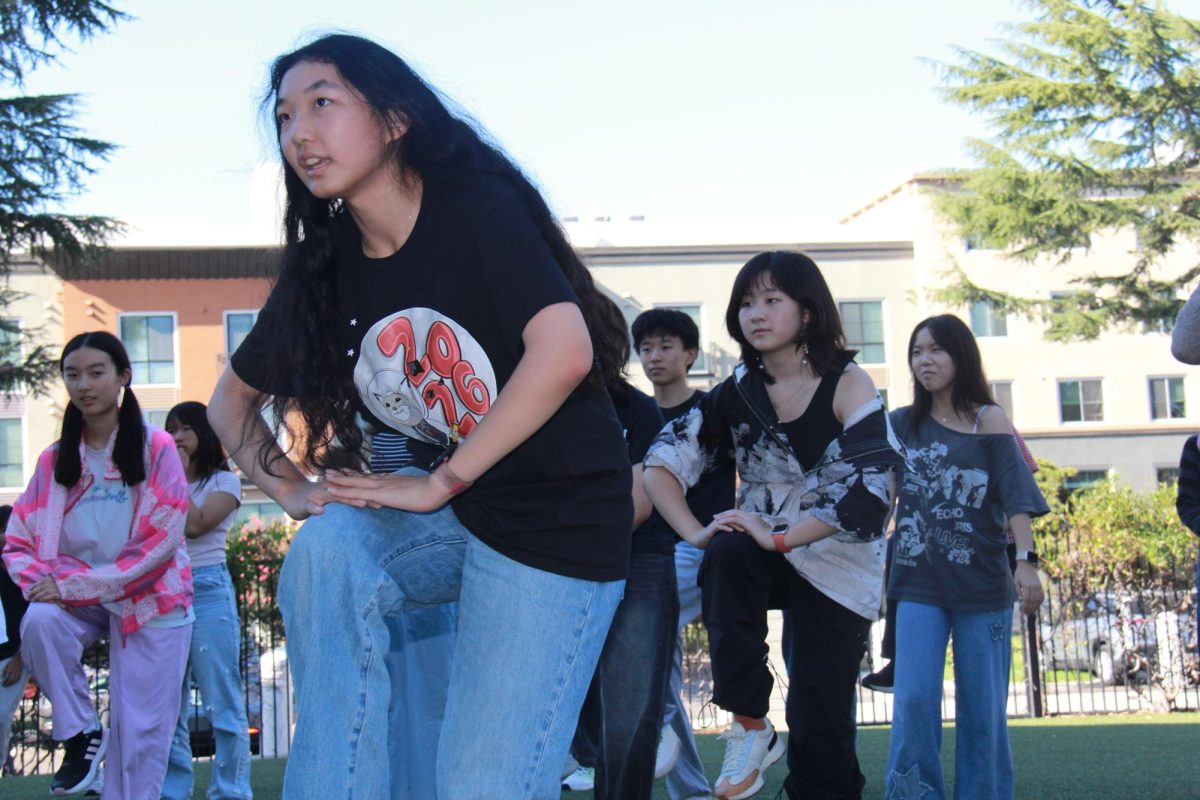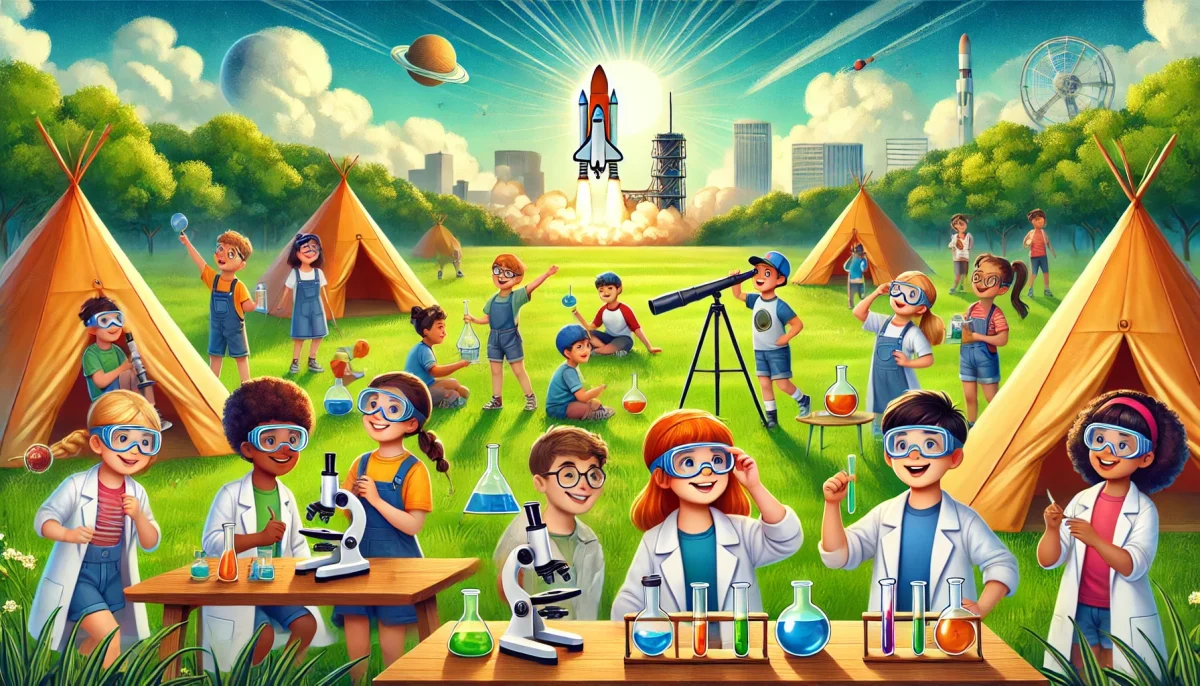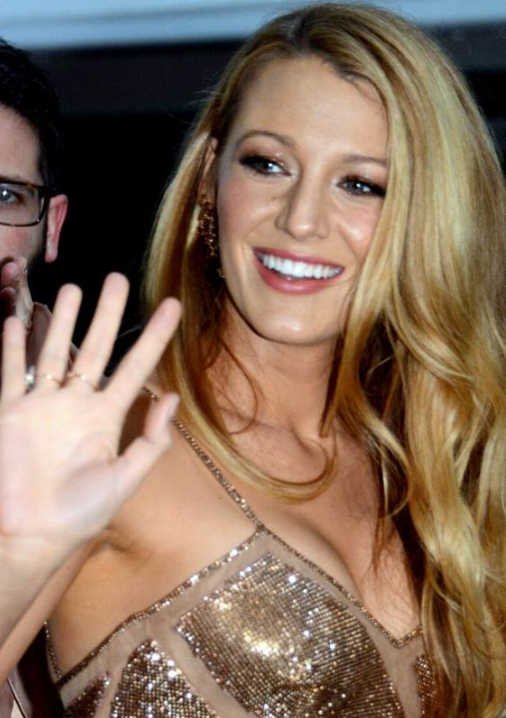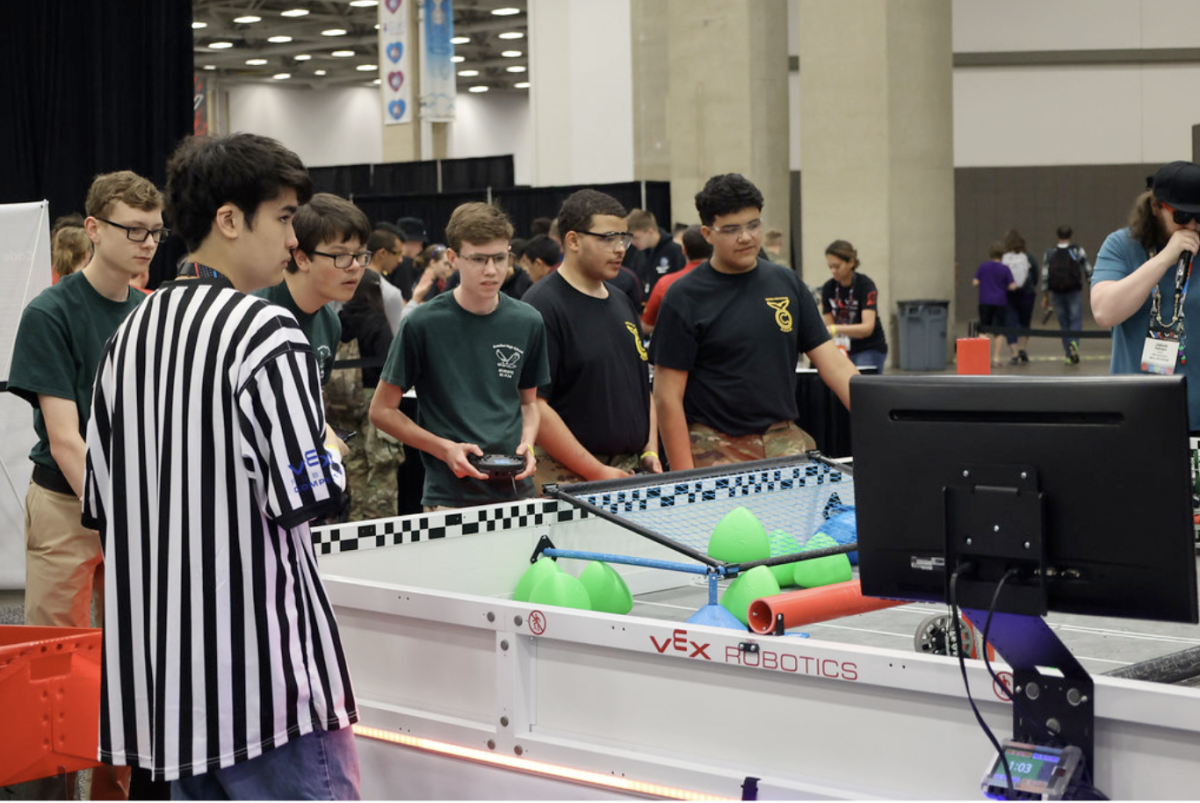Previously published Dec. 23, 2020
Q: Could you please introduce yourself in two lines of iambic pentameter?
“On Being Asked to Explain Myself in Iambic Couplet”
A Mayan myth in Popol Vuh: a man
Is made from mounds of corn is Hal Iamb
Q: Mr. or Dr.?
It’s definitely Mr. Hansen, but so many people make that mistake that I’ve gotten tired of correcting it.
Q: What is something about yourself that others would be surprised to know about?
You want to see my school? Well, you can see where it was: go to Google Maps. Okay, type in “Tilden, Nebraska.” Do you see a tiny town? There is a highway that goes out of that town, and you have to follow it South, out of town until it dead ends. See where Highways 45 and Highway 32 meet? If you go back north one mile, that’s where my elementary school was. It was literally located in a cornfield, grades K-8, and most of the time there were 30 students. People often ask me where I went to elementary school, and the answer is in a cornfield. But the better answer is when did I go to elementary school, and the answer is in the 19th century.
Q: Was there any culture shock from moving from Nebraska to California?
I think there’s culture shock moving from any state to another state, but I wouldn’t say my family are typical Nebraskans. So even though we lived out on the farm, kind of in the middle of nowhere, my parents are actually pretty sophisticated people, and so I grew up in a home where there was a lot of discussion about the broader world. And I had already spent a lot of time in California because I had cousins in California that I would come and visit. There’s always some cultural friction, but I knew California culture reasonably well.
I would put it like this: it was more culturally shocking to discover, as a newborn baby, that I had been born in Nebraska than there was a culture shock moving to California at the age of 24. I was more maladapted to Nebraska than I am maladapted to California as a transplant from Nebraska. I would say I fit the state of Nebraska more like how a foot fits a glove.
Q: (Mr. Hansen to his daughter) Am I a good father?
(His daughter): Yes!
Q: Have you always been into literature?
When I was younger I actually didn’t enjoy literature very much, because what you’re exposed to is young adult literature and it just didn’t appeal to me. It seemed very naive, didn’t seem to correspond to reality, and so I didn’t really connect with it. It wasn’t until I got older and started reading actual literary fiction that I started getting more interested in literature. But I’ve always sort of been equally interested in literature and history, and so it’s hard for me to decide sometimes, which of those two things I’m more interested in.
In a lot of the research and writing I do outside of class, what I really pursue is the union or intersection of literature and history. Frequently, what I try to figure out is how we can use literature to understand things that are happening in politics or in history, which is kind of a weird question that not many people are interested in. My family is very involved in politics, so it seems like someone who is more interested in literature and is sort of stumbling into politics. It actually is someone who was raised in a political family and is somewhat a refuge from politics. For a whole variety of reasons, I decided not to continue in politics. I think mostly because I’m not very interested in power. If you want to be involved in politics, you need to be interested in wielding power. Power is your payment—it’s the currency of politics. Sort of like if you aren’t interested in money, you won’t do well in business and if you are indifferent as to whether or not you hold power, you’ll probably not do well in politics.
On one hand, we were on a working farm and I did a lot of farm work as a kid. I was out working in the fields, but at the same time, the family was very engaged in politics. In 1984, my grandpa was one of the speakers at the Democratic National Convention. It wasn’t really a totally normal childhood at the farm. It was very redneck and cosmopolitan at the same time.
Q: What would you say your best answer to that question is: how does literature affect history and politics?
I think many people believe there is a line between fiction and nonfiction, but I don’t actually think there’s a line there. You can use your understanding of fictional characterization to explain, for example, why one presidential candidate is more appealing or more effectively characterized than another. I tend to look at presidential campaigns and when I watch presidential campaigns, I look at the candidates as if they were characters in a stage play and they’re trying to achieve a characterization. The kinds of questions that you ask about a fictional character like motivation, conflict, choice, character traits—those things apply to presidential candidates the same way they apply to fictional characters. I look at presidential campaigns, but I look at the candidates through the lens of characterization as a way of finding out how some characters are more successful than others.
Q: Can you predict who wins an election through the characterization of political figures?
I would say I sometimes have a stronger guess than other people. I am less focused on predicting and more focused on explaining why. People who are more interested in statistics tend to gravitate towards prediction models. Being able to predict what event is more likely to happen in the future doesn’t tell you why that event actually happened. I am not interested so much in what’s going to happen but rather why something happened. It’s not really an approach that others take and in some ways, that’s good because it means that I’m more contributive.
Q: Do you think presidential debates are style or substance or both?
I think what a lot of people don’t understand is that style and substance are both very interrelated and that when you see a candidate perform on the public stage if you’re paying attention and you know what to look for, you are learning a lot about the substance of the candidate. This distinction between style or substance is to some extent a false distinction. I don’t think there are a lot of presidential candidates who actually are very quietly amazing leaders and yet somehow can’t debate on a debate stage. I think what history has shown is that stronger leaders, stronger presidents, they also tend to be highly effective communicators. That’s ultimately what the job of a president is in the modern world, it’s a strategic communications job.
So this idea that you could be a president and be really good at “presidenting” and do it quietly, silently, out of view of the public, without explaining to the public the ideas that you have—I’m pretty dubious about this. That’s a 19th-century concept of presidency and there’s a reason we abandoned that around 1900 in favor of a more public concept of the presidency because the president’s main job in the modern world is strategic communications, conveying a vision of the future, rallying public opinion, convincing people to support the president’s concept of where the country should go.
Q: Which kinds of characters make the most successful candidates?
It’s a little complicated but it goes something like this:
You need to have a candidate capable of conveying a dominant personality trait. Something like hope, inspiration, optimism, strength, compassion, and that dominant personality trait that they can convey needs to be linked to voter perceptions about what the largest problem is in the country in that particular election year.
So for example you’re having a bad economy. People might be interested in a candidate who conveys compassion for their economic problems. If it’s 1960 and we’re in the middle of a Cold War, people might be interested in a candidate who is strong and vigorous so as to stand up to the Soviet Union. If we’re in the middle of a depression, people might be interested in a candidate that conveys optimism, the way FDR conveyed optimism in the 1930s. You need to be able to convey this dominant personality trait. You need to radiate this personality trait. You need to show it. It needs to be in your voice. It needs to be in your voice. It needs to be in your gestures. It needs to be in your world view. It needs to be authentic. You can’t pretend to have this dominant trait, you need to actually have it. You need to be able to link it rhetorically to the country’s largest problem.
So to some extent, the presidential elections are like strategic self-characterization competitions. The president who we tend to regard as beloved presidents, who are highly successful, who not only win the election but get re-elected, and who tend to leave off as on good terms with the American people. Those presidents tend to be vividly self characterized and they tend to be very strong performers on the public stage. That’s FDR, Teddy Roosevelt, JFK, Ronald Reagan, Bill Clinton, Barack Obama. Candidates who can’t perform on the public stage and haven’t really worked out their public character tend not to do so well. I’m basically doing a literary analysis on characterization as it relates to presidential elections.
Q: Why teaching?
My first job was as a lobbyist in politics and a communications director for a political organization. I like teaching more than that. I do teaching because I genuinely like teaching. On a day to day basis, I think it’s fun; I like talking to young people. I like the job.
Just at the level of mental health, I tend to stay in teaching because I enjoy it, and I think I would enjoy it more than other jobs. For a while, I was really involved in a startup and was considering going into marketing and communications and tech, but honestly, I didn’t find it as fun as teaching. I teach rhetoric and I have a background in public speaking. I like working with teenagers especially juniors and seniors much more than working with adults because teenagers have a much better sense of humor and are a lot more fun to hang out with on a day-to-day basis.
Q: What do you want us to know coming out of BISV?
I want students to be able to take risks, read more complicated stories and find meaning in those stories. I want people to get beyond consumer fiction and easy fiction and get beyond works that are a little more complicated and interesting and might explain the understanding of their world a little bit. I want people to be able to consume complex and ambiguous stories. However, more broadly, I would declare victory if I simply succeeded in getting students to keep reading after high school. Even if you’re not reading the most literary fiction, if you’re just reading I would be fine with that.
Q: What books would you recommend us to read?
One of my favorite authors is George Saunders, who wrote Lincoln in the Bardo and is mostly a short story writer. I like a Russian novelist named Michael Bulgakov; I used to teach his book called “Master and Margarita”, a satire on Stalinism. I tend to be attracted to sophisticated humorous and crime fiction. If I’m trying to read something for funzies, I would read a detective novel. If anybody is interested in crime fiction, there is a lost genius named Ross McDonald who tends to write a lot about Northern California and the Bay Area. Most of his stories take place in the ’50s, ’60s, and ’70s.
Mr. Hansen’s book: Why Presidents Win
Mr. Hansen’s articles about the presidential debates:
- A Viewer’s Guide to the First Debate of 2020
- Duel of the Seconds: A Viewer’s Guide to the 2020 Vice Presidential Debate
A documentary that Mr. Hansen co-produced: Presidential Debates: Style Or Substance? | Retro Report | The New York Times
















![Teacher [Milk] Tea: Part 2](https://bisvquill.com/wp-content/uploads/2024/03/Screen-Shot-2024-03-19-at-9.28.48-PM.png)

































![Teacher [Milk] Tea: Part 1](https://bisvquill.com/wp-content/uploads/2024/03/milk-tea.png)
